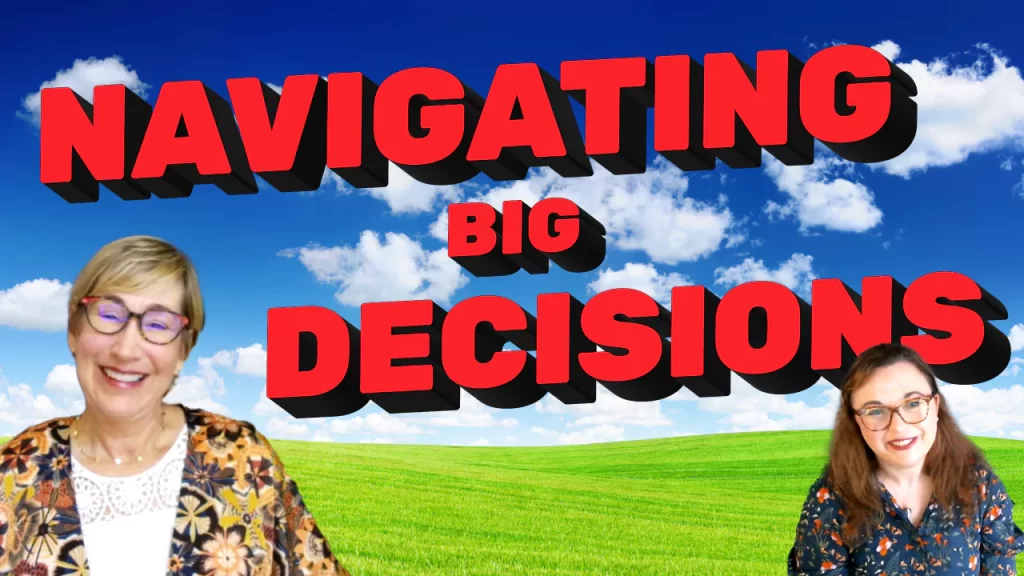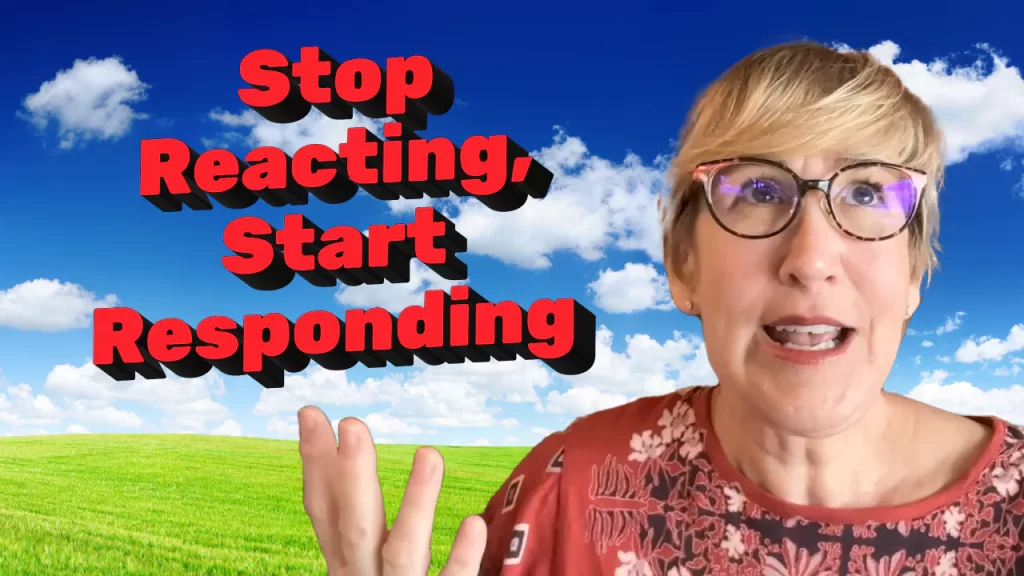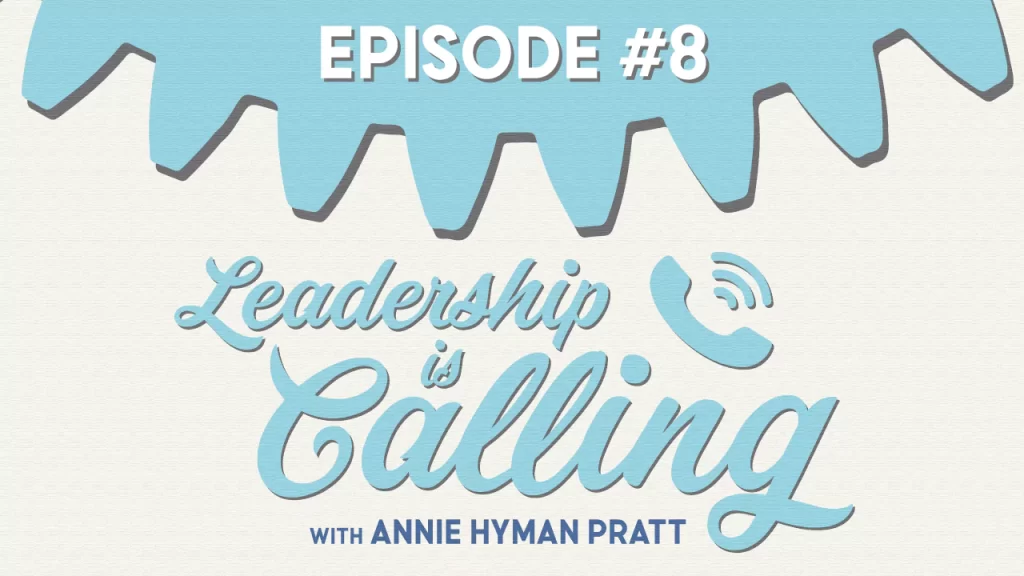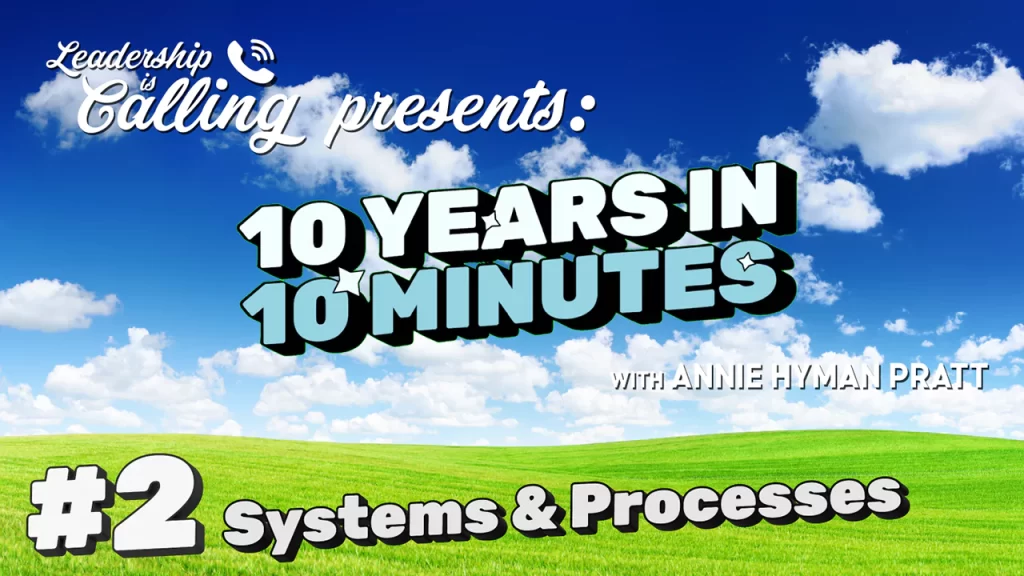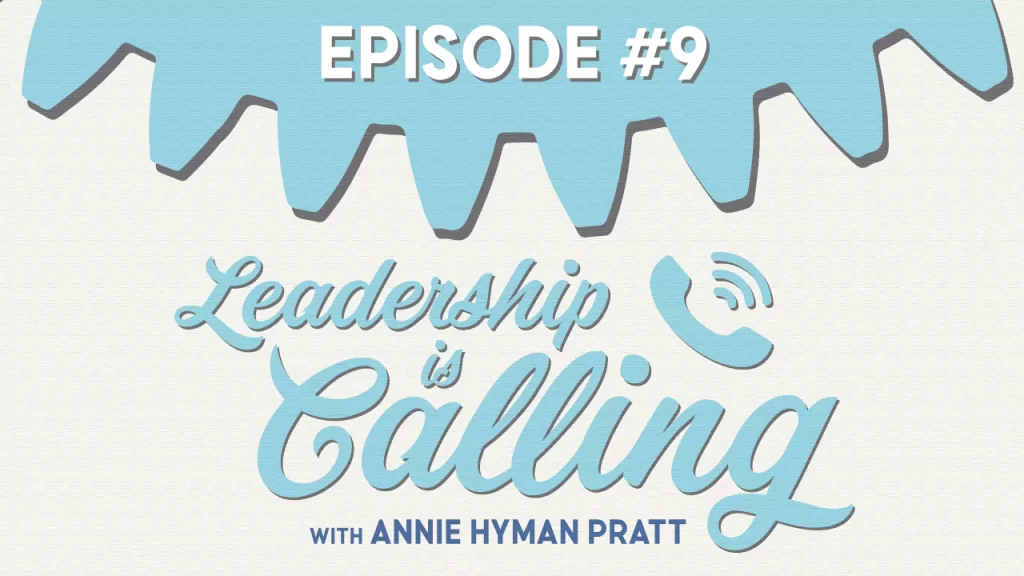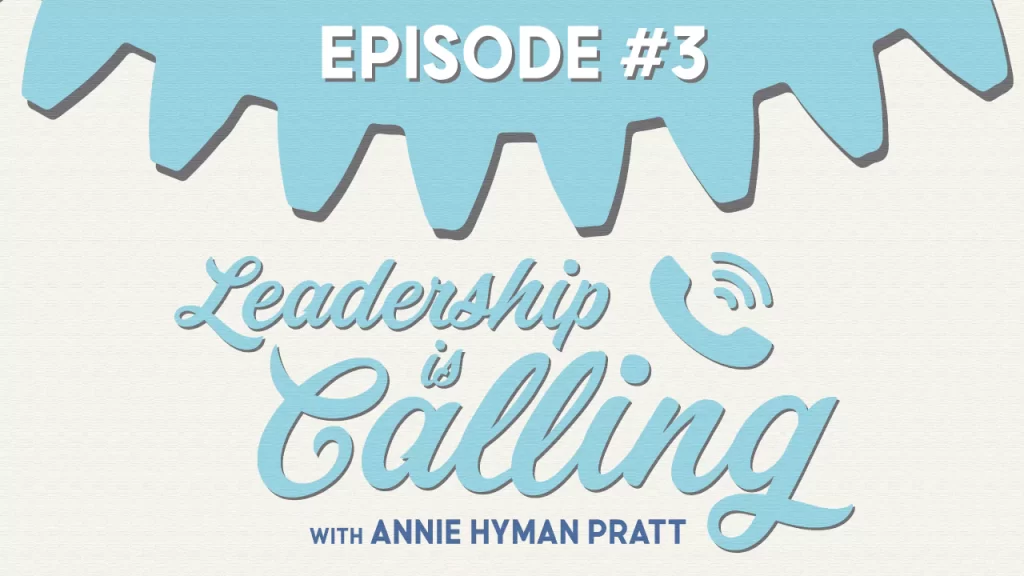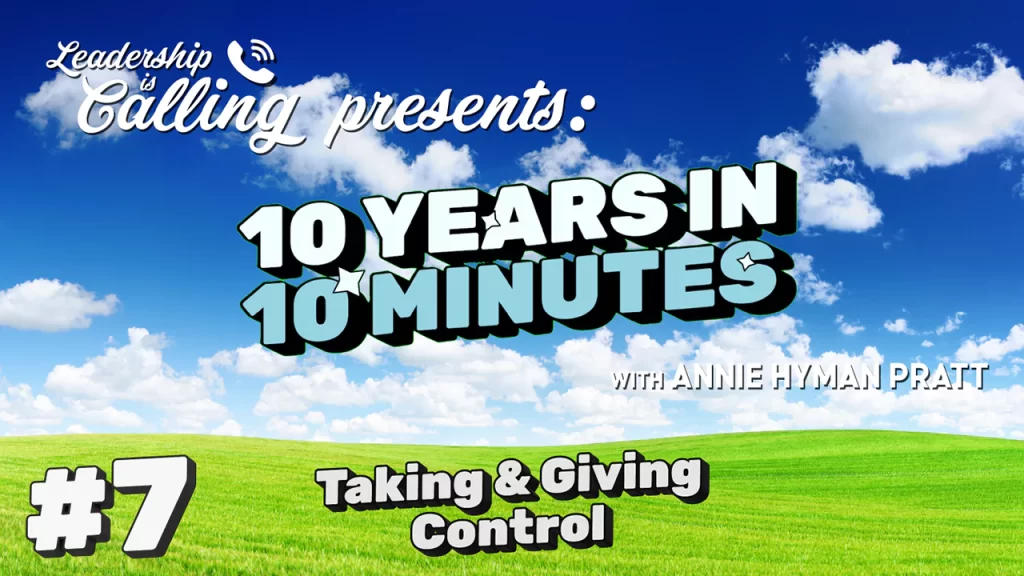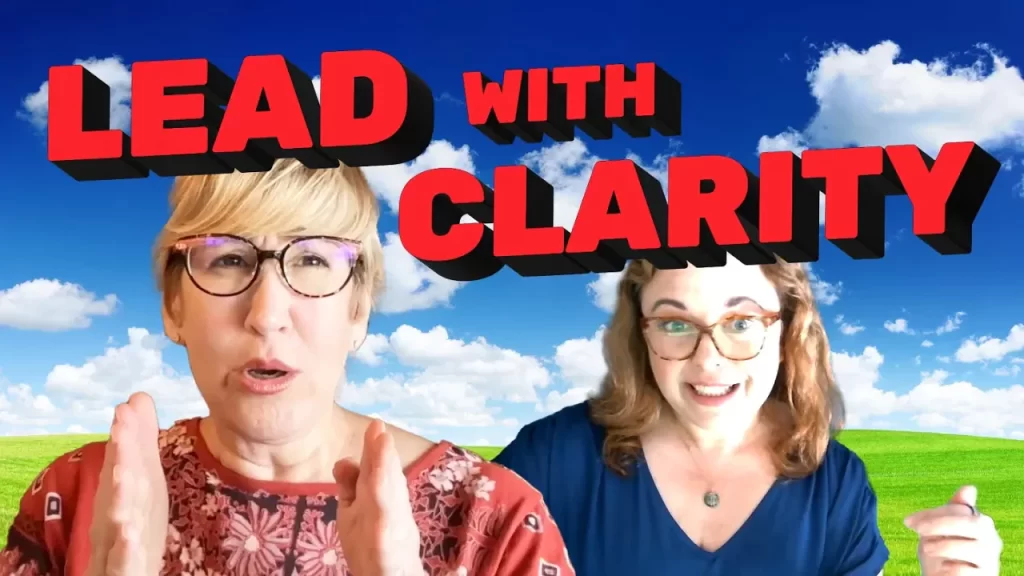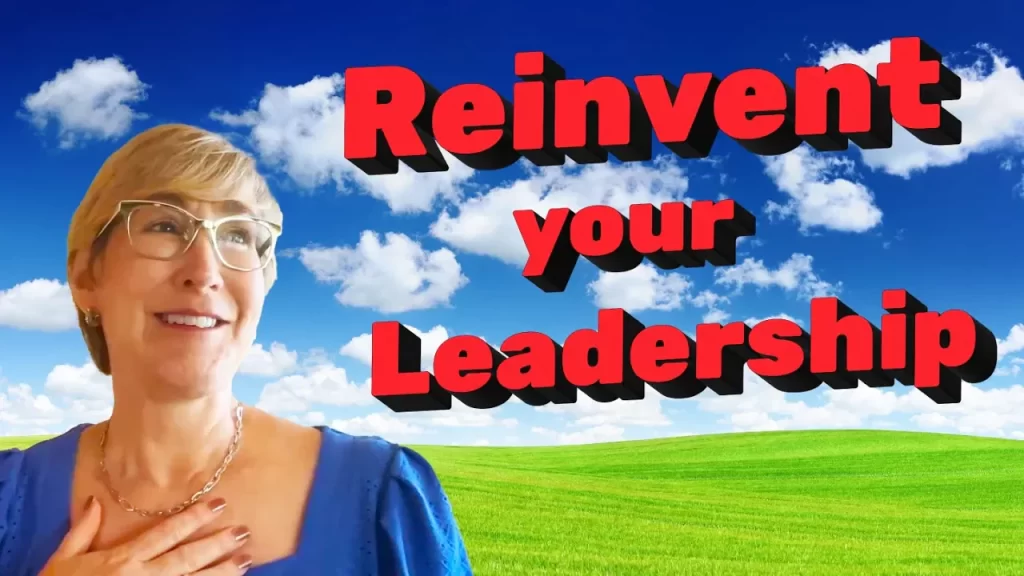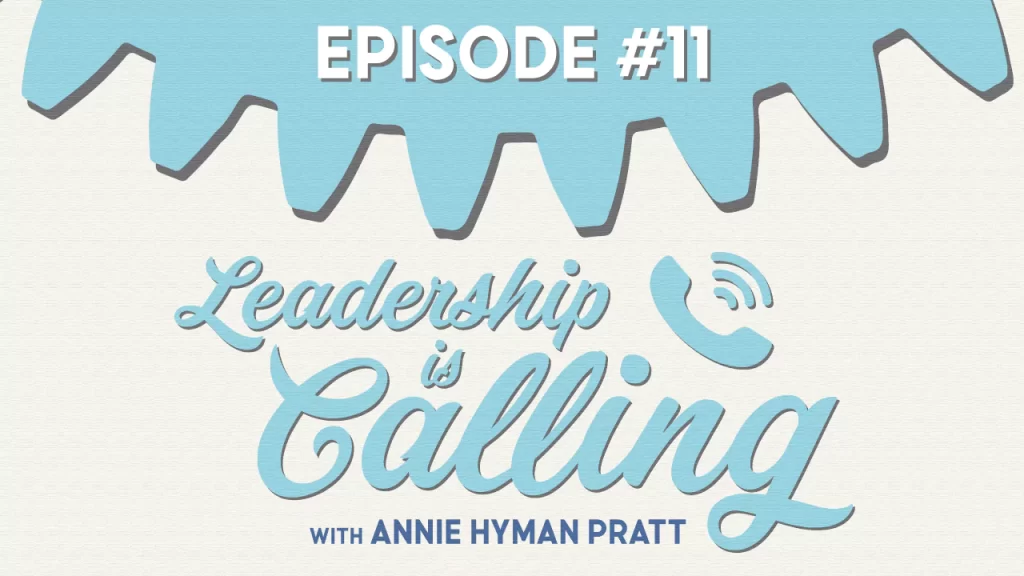Episode #06: Agreements Are Not a Promise
Leadership is Calling Episode #6
Annie Hyman Pratt
- Description
- Transcript
Agreements Are Not a Promise
“The first skill in business for agreement making is renegotiating.” -Annie
Teamwork is all about coming together to make conscious agreements to take effective action to achieve results!
Agreements are a core tool for setting intentions and driving results in business. But they can’t be treated as unbreakable promises, since business is situational. Agreements must flex as circumstances change. Renegotiating agreements is an essential skill. Used well, they provide helpful structure despite uncertainty.
In this latest episode, you’ll discover why…
- Agreements are situational and made based upon what’s happening in your business
- Your best intentions is the surefire way to be able to navigate change (and there’s ALWAYS change)
- This is NOT about personal integrity
- Negotiation and renegotiation are a crucial part of making agreements and the key to your long term success
Key Points
- Agreements are for setting intentions, not making promises.
- Business is situational, so agreements must adapt as circumstances change.
- Renegotiating agreements is a core business skill.
- Agreements provide helpful structure despite uncertainty.
- Flexible agreements keep everyone engaged in achieving goals.
Related Resources
Leadership Skills: The People Part
Leadership Development Articles: AGREEMENTS in YOUR Workplace: FOUR STEPS to MAXIMIZING Them | “7 Agreements” That Help Avoid Employee Resignations
Downloadable Leadership Tool: The Key Basics of Agreements
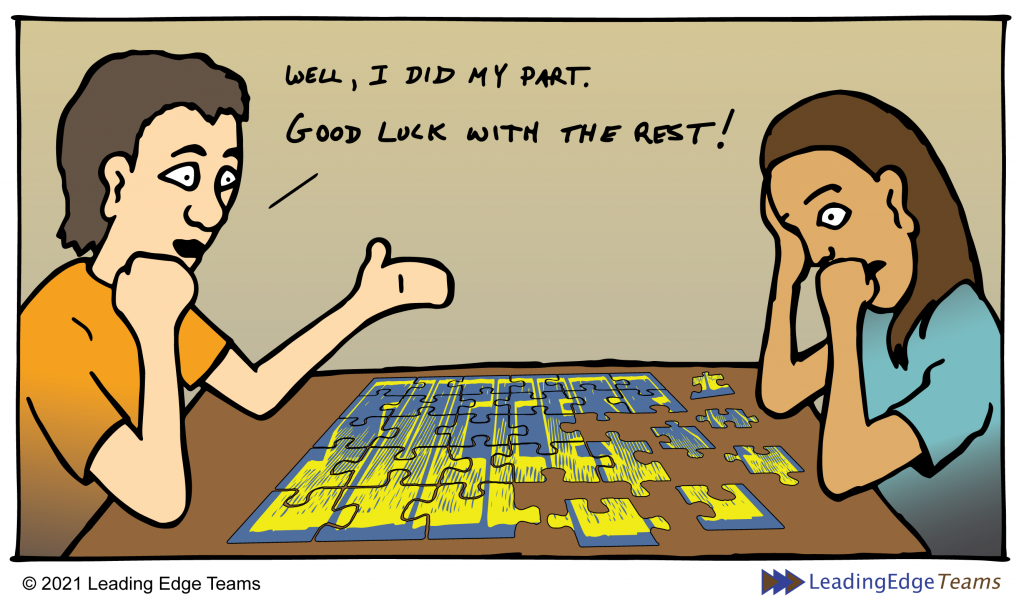
Auto-Generated Transcript – unedited version
Agreements Are Not a Promise
This is Leadership is Calling a podcast that brings you leadership and business tips anchored in the people part. I’m Annie Hyman Pratt, CEO and founder of Leading Edge Teams.
Hi everyone, I’m Annie Hyman Pratt and you are listening to the podcast leadership is calling and so glad you’re here today. We are talking about one of my favorite topics which is agreements and the fact that agreements are a process not a promise in business anyways.
Now most of us think of agreements as a kind of a matter of personal integrity right, like good people keep their agreements and and and less good people don’t keep their agreements but in business agreements are not a matter of personal integrity. It’s not really about perfectly keeping your agreements or not keeping your agreements because they can’t be a promise in business and the reason why they can’t be a promise is because in business agreements are situational.
Okay, that means that it’s our way of agreement and a way of setting intentions. It’s like you and I make an agreement based on a current situation of like you’re going to do this I’m gonna do this other thing and considering what’s all happening right now we think this is going to be the best way to get the result because remember teamwork in business is all about getting results. We come together in business to get results.
So, agreements are our main mechanism of working together. It’s how we let each other know what we’re planning to do in any particular situation and you know hopefully at least 80 percent maybe 90% of the time we actually get to do what we thought we were going to do because nothing really changed it didn’t you know or we didn’t make a mistake.
So, the thing is business moves so fast in today’s day and age there’s so much change going on all the time. Especially in the outside environment especially in things we can’t control but also in things in the internal environment like you know things just don’t go as planned. Humans do make mistakes. We may anticipate something you know that estimates that a Project’s going to take one length of time and it takes more than that. There are things that happen all the time so because of that in business agreements are all about setting intentions but when we when it comes to taking action if we think of them as a promise we actually won’t renegotiate and make the changes that we need to make for any particular situation and we have one I have an example that’s come up a lot for clients recently with the pandemic there have been oh my gosh all sorts of business interruptions around the globe and one of them has been for anybody that manufactures overseas.
Okay, if you bring in goods from China or India or Taiwan or or you know really Italy anywhere else chances are your goods got delayed by a lot and and for things that are manufactured we usually make plans pretty far in advance because it already takes some time but now if you have promised for example let’s say you’re a book publisher and you’ve promised an author that your the book is going to publish on a certain date and the manufacturer can’t deliver the book you literally cannot get the book with the printed paper here on time then you are going to have to go back and renegotiate but it’s not a broken promise right it’s like things changed things changed in this case that were very much out of your control and so we think of agreements as how we set our best intentions given the circumstances but once the circumstances change we actually have to change those intentions and in this case not only did we have to change expectations that this company had to change expectations with some authors but they actually for things that were already in the pipeline but for authors that were new and coming in they had to set a whole different set of expectations for how the ordering process even worked right so it’s it’s like as they’re figuring out what has to happen they’re stretching out the timelines for everybody new agreements stretch out the timelines and then as things shift and and the manufacturing gets booted up and starts you know working as expected closer to as expected again then they actually may have to pull back in the timeline come back to the author and say hey you know what we thought this was going to arrive in December but actually it’s arriving now in the beginning of November and so what do you think what should we do next how should we plan this from here?
And because agreements are situational and also because as humans we’re not perfect we can’t think of agreements as promises they are there our best intentions. Another way I think about this is business is very much like sports so we can’t if you’re a if you’re a basketball team you can’t promise to hit a certain score you certainly can’t even promise to win a game if you don’t know. Even an individual player can’t promise to make one free throw there’s no such thing as a promise and you know it’s like you agree that you’re intending to make the free throw and you’re going to do your best to do everything use the right techniques and have the right mindset and be in the right shape and all that so that you actually make the basket but it’s not a promise, it’s an intention.
And so that’s how business works today. It’s just it’s we are always going to be renegotiating different kinds of agreements we are going to have to work with or recover from agreements that get missed because again we’re not perfect. As we get better and better at how we operate we are going to get better and better at making agreements that we can keep. What I think of it is, you know, the more professional basketball teams make more baskets than the high schoolers right or the Junior High kids like as you get better and better more things happen as expected.
One of the very first things about business is that we set goals. The path to get there is always going to be different than the plan. We set goals, then we make some plans, then we start executing the plans. I don’t know about anybody listening to this podcast but in my career I have had very very few plans for you know good sized projects meaningful projects go as planned. That’s just not how it seems to work in the world. We need plans, we absolutely need plans, because we need to know what we intend to do. We need a framework, we need a basis to make all our other agreements to figure out well. If I’m doing this in this project what can I do in this other project what am I available for? If we start from a place of like well since we don’t know if we can keep agreements we aren’t we just aren’t going to make any that just leaves us in chaos instead we want to make good agreements we want to make clear agreements so that we can see when something changes we change that maybe it has a domino effect we have to change a few other things but we never have to change everything I guess unless the business is is literally like you know going bankrupt overnight or something. Other than a huge catastrophe most business things that happen you’re going to change some things but you don’t have to change every single thing about the business. That’s why agreements are so useful. We need them, we need them for the structure, for the guidance, for the intention so we have a sense of what everybody’s going to do. But when something changes we can recognize that it’s changed that what we were going to do is no longer going to work. That you know spurs us to come back together to really talk about what do we need to do now to get the result and by the way the best information when we’re executing plans. This comes right after we take a step because it’s like we think we know what’s going to happen when we take an action, you know or a set of actions, but again we we do not have crystal balls, we don’t know what unexpected is going to come up, we don’t really know how this is all going to go until we do it. And after we do it then we get to look back and see, oh that’s what happened, I didn’t realize that was going to happen, and then we immediately think about what is that impact for all the things we have planned coming up from here.
And that’s how we want people to be thinking in business, that they’re thinking in terms of how do we get the result, what’s our plan to get the result, what are the agreements we’ve made and what’s changed that we might need to renegotiate. It’s almost like the first skill in business for agreement making is it is kind of renegotiating. It’s starting with well this is what we thought we were going to do now what and as you are on a path to get a result the and with how fast today’s and business environment changes we it’s like our plans and our execution is like, do a little planning take some actions. Look around, see what’s changed, get together, go now , what do we do, what do we have to change. Then you take another, you make a new agreement, take another set of actions, you look around and you’re like oh man, but also did not go as we planned, let’s get back together and figure out the new set of actions. So every time it’s kind of like you do your thing and then it’s like how’s it going now how about now how did that turn out now and what do we need to change going forward. That’s why I’m so confident that business agreements are a process , not a promise. They are a process of setting intentions, making our plans, looking at the situation, figuring out what are the best plans to do then doing a thing and then coming back and going well now how did it turn out, now let’s set our next set of intentions, our next set of agreements,. This to me is the how would I say it’s the it’s the way we keep everybody fully engaged in how we get the best of everybody instead of one person at the tippy top thinking they know everything and giving a lot of orders and demands and commands where everybody else is just supposed to do what they say and not think on their own. That just doesn’t work for business today it just doesn’t work and nobody can make a promise to achieve an outcome because businesses like sports you you know you can’t you can’t even promise to make up specific play in sports because you don’t know what’s going to come up that might change it business is exactly the same.
Having said that when you get good at making agreements you know you keep more agreements then you don’t you get to be really good at anticipating the future which is gosh just a huge huge part of leadership success business success. Yeah and so that’s what I wanted to share with you today about agreements and thanks for listening.
Be sure to like, comment and subscribe to Leadership is Calling.
To learn more about this episode’s topic pick up a copy of my book, The People Part.
Want to learn more about how to up-level your leadership skills and create a collaborative team that helps you drive results go to leadingedgetgeteams.com/schedule to learn more about working with us and to schedule a call.



